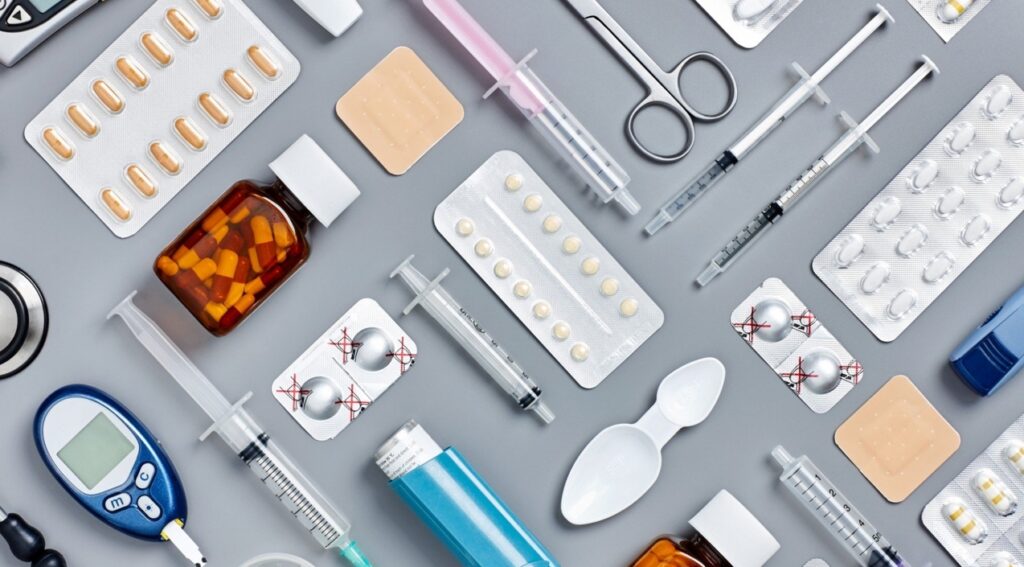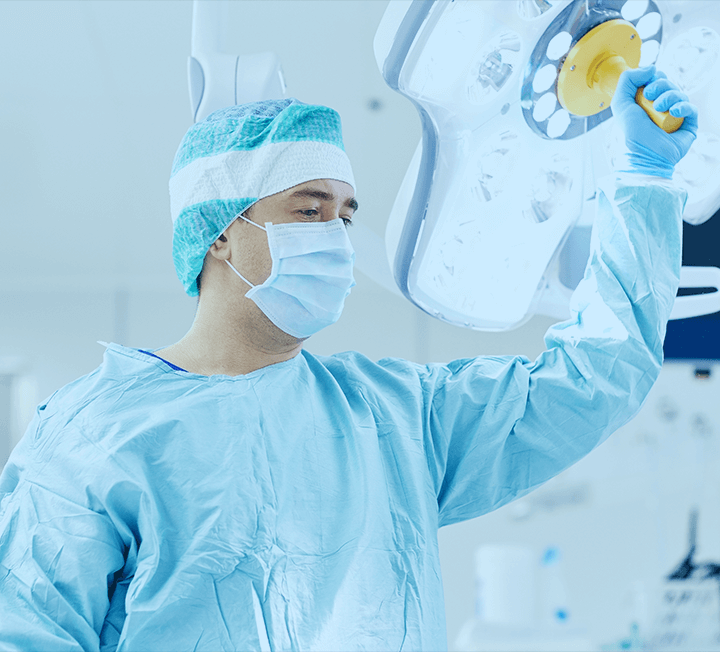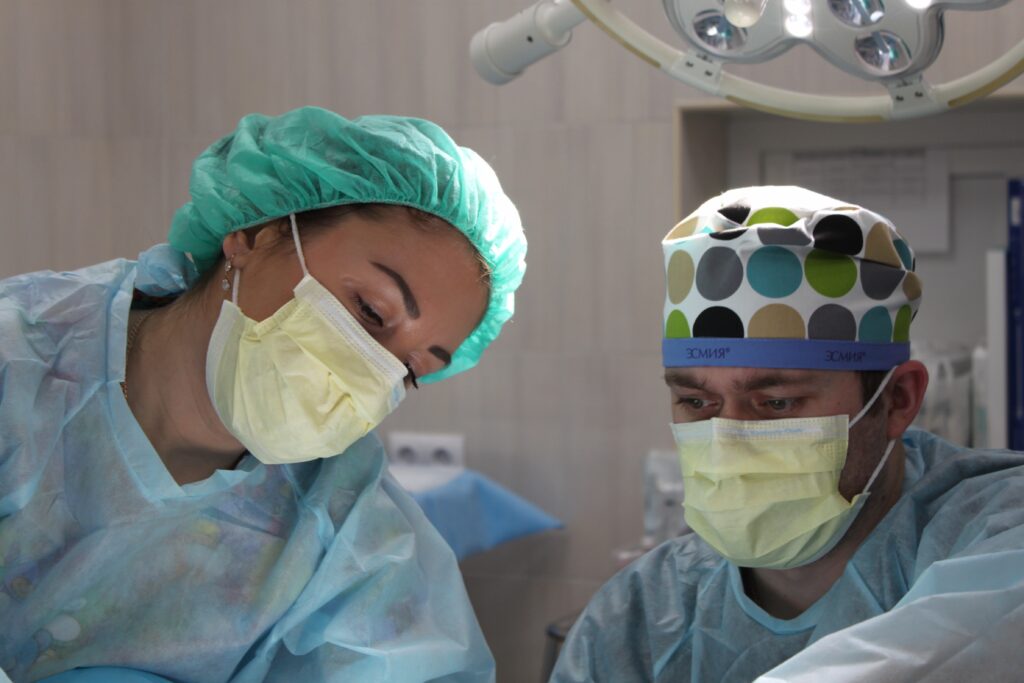The Role of Medical Device Trials in Revolutionizing Healthcare
- Afeez
- May 8, 2024
- 11:39 am
- No Comments

Medical device trials play a pivotal role in the evolution and advancement of healthcare. These trials are integral in bringing innovative medical technologies to the market, improving patient care, and shaping treatment options. Through rigorous testing and evaluation, medical device trials ensure the safety, efficacy, and quality of new medical devices before they are made available for clinical use.
Understanding Medical Device Trials
Medical device trials refer to the systematic process of testing and evaluating new medical devices before they are approved for clinical use. These trials aim to assess the safety, effectiveness, and performance of medical devices in real-world settings. They typically involve multiple phases, including preclinical studies, clinical trials, and post-market surveillance.
Significance of Medical Device Trials
The significance of medical device trials cannot be overstated. These trials play a crucial role in improving patient care by providing healthcare providers with access to innovative medical technologies. By ensuring the safety and effectiveness of medical devices, trials help enhance treatment options and patient outcomes.
Evolution of Medical Device Trials
Over the years, medical device trials have evolved significantly. Advancements in technology, coupled with increased regulatory scrutiny, have led to more rigorous testing and evaluation processes. Historical breakthroughs in medical device trials have paved the way for groundbreaking innovations in healthcare.
Regulatory Framework for Medical Device Trials
The regulatory framework surrounding medical device trials is designed to safeguard patient safety and ensure the quality of medical devices. In the United States, the Food and Drug Administration (FDA) oversees the approval process for medical devices, which includes rigorous testing, clinical trials, and post-market surveillance.

Challenges and Ethical Considerations
Despite their importance, medical device trials are not without challenges. Patient recruitment, informed consent, and data integrity are among the key ethical considerations in conducting these trials. Ensuring transparency and maintaining ethical standards are paramount to the success of medical device trials.
Benefits of Medical Device Trials
Medical device trials offer numerous benefits to both patients and healthcare providers. By accelerating innovation and improving patient outcomes, these trials contribute to advancements in healthcare delivery and treatment options. Successful trials can lead to the development of life-saving medical technologies.
Case Studies: Successful Medical Device Trials
Several notable medical device trials have demonstrated the transformative impact of innovative medical technologies. From implantable devices to wearable sensors, these trials have revolutionized healthcare delivery and improved patient care across various medical specialties.
Future Directions and Innovations
Looking ahead, the future of medical device trials is marked by continued innovation and technological advancements. Emerging trends such as personalized medicine and digital health are reshaping the landscape of medical device research, offering new opportunities for improving patient outcomes and healthcare delivery.
Collaboration and Partnerships
Collaboration between industry, academia, and healthcare providers is essential for the success of medical device trials. By leveraging collective expertise and resources, stakeholders can accelerate the development and adoption of innovative medical technologies, ultimately benefiting patients worldwide.

Patient Engagement and Advocacy
Patient engagement and advocacy are critical aspects of medical device trials. Involving patients in the trial design process ensures that their needs and preferences are considered, leading to more patient-centered outcomes. Advocacy efforts also play a vital role in raising awareness and promoting access to innovative medical technologies.
Global Impact of Medical Device Trials
Medical device trials have a significant global impact, addressing healthcare disparities and enhancing healthcare infrastructure in underserved regions. By expanding access to innovative medical technologies, these trials contribute to improving healthcare outcomes and reducing mortality rates worldwide.
Economic Implications
The economic implications of medical device trials extend beyond healthcare delivery. From job creation to market growth, the development and commercialization of medical devices stimulate economic activity and drive innovation in related industries. Investing in medical device research yields long-term benefits for society as a whole.
Overcoming Barriers to Access
Despite the benefits of medical device trials, access to innovative medical technologies remains a challenge for many patients. Addressing affordability and reimbursement issues, as well as expanding access to underserved populations, are crucial steps in overcoming barriers to access and ensuring equitable healthcare delivery.
Conclusion
In conclusion, medical device trials play a vital role in revolutionizing healthcare by driving innovation, improving patient outcomes, and shaping the future of medicine. By addressing key challenges and embracing emerging technologies, stakeholders can continue to advance medical device research and enhance healthcare delivery worldwide.

FAQs
- What are medical device trials? Medical device trials are systematic processes for testing and evaluating new medical devices before they are approved for clinical use.
- Why are medical device trials important? Medical device trials are important because they ensure the safety, efficacy, and quality of new medical devices, ultimately improving patient care and treatment options.
- What are some challenges in conducting medical device trials? Challenges in conducting medical device trials include patient recruitment, informed consent, and maintaining data integrity and transparency.
- How do medical device trials benefit patients? Medical device trials benefit patients by providing access to innovative medical technologies, improving treatment options, and enhancing patient outcomes.
- What is the role of patient engagement in medical device trials? Patient engagement is essential in medical device trials as it ensures that patient needs and preferences are considered in the trial design process, leading to more patient-centered outcomes.
